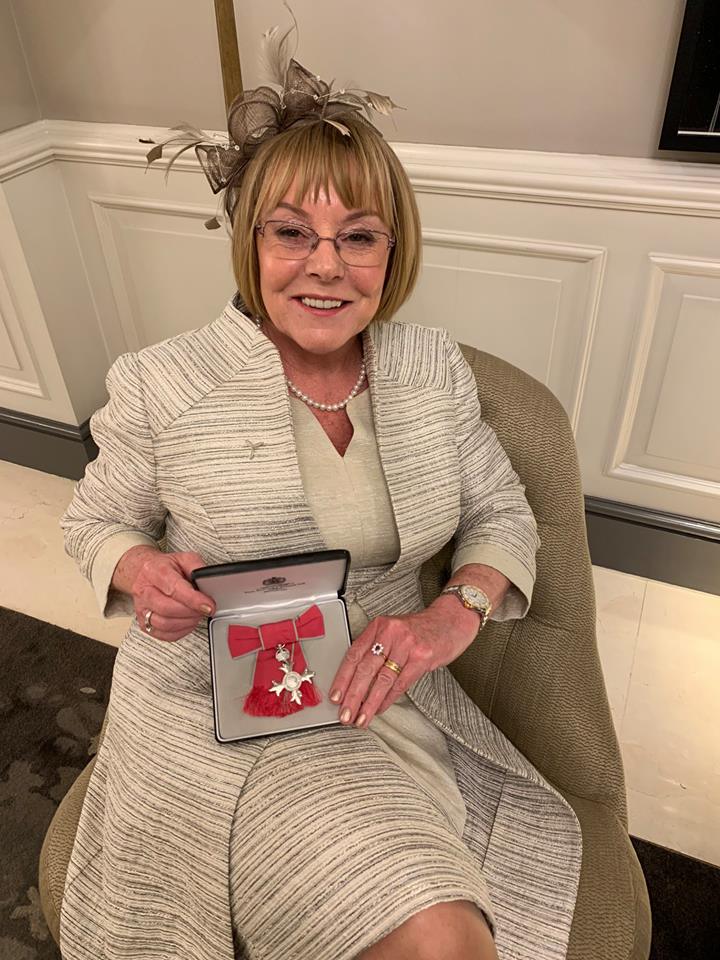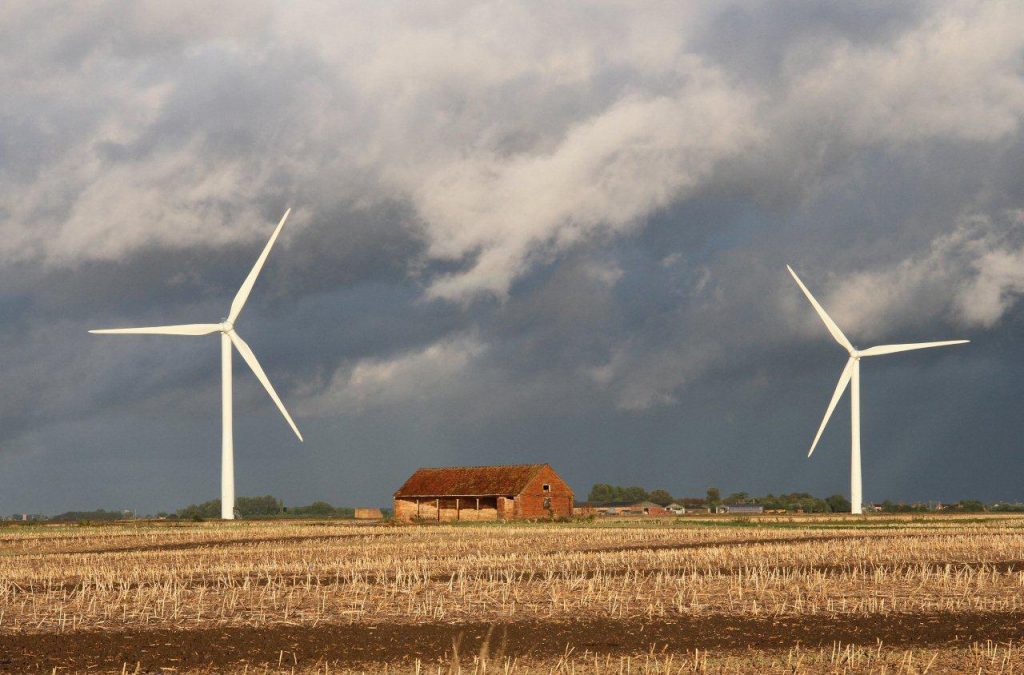 Below article by Harvey Tordoff in the United Kingdom provides a brief history and the pathways to, now it is called: Sustainable Energy For All | SEForALL
Below article by Harvey Tordoff in the United Kingdom provides a brief history and the pathways to, now it is called: Sustainable Energy For All | SEForALL
Initially, its short form used as SE4ALL in 2011, which is also one of the 17 Goals of the United Nations 2030 Agenda for the Sustainable Development Goals. In it, SDG#7 is specifically dedicated to: Ensure access to affordable, reliable, sustainable and modern energy for all
* * *
At the United Nations Framework on Climate Change conference in Katowice in December 2018 the US, Russia, Saudi Arabia and Kuwait rejected a motion to welcome the latest study. Australia remained silent. But despite national Governments taking a strategic stance over what they see as their own short-term interests, progress is made. I want to tell you about Annette Heslop, who (also in December 2018) was presented with an MBE* from HRH Prince William. An MBE (Member of the British Empire) is one of the highest awards given to British civilians, and was in recognition of Annette’s contribution to community-owned renewable energy projects.
by Harvey TORDOFF
Turn back the pages a few years. I first met Annette in the late 1990’s. She was the only employee of Baywind Energy Co-operative Ltd, which had been set up in 1996 by a group of Scandinavian entrepreneurs. They had established several community-owned wind farms in Sweden and thought they could replicate the model in the United Kingdom. Baywind, in Cumbria, was to be the first of many. Two share offers were launched, and enough money was raised to buy three small wind turbines. There were three more turbines on the site, but as no more money had been raised the Scandinavians retained ownership. I became a shareholder, although I didn’t think of it as an investment. I didn’t expect to see any returns, but I believed in the concept. In those days warnings of climate change and global warming were confined to sandal-wearing tree-huggers, but I accepted the principle and I also had an ulterior motive. If the world generated more of its energy from sustainable natural resources it would become less dependent on fossil fuels from unstable or undemocratic states, and global tensions would diminish.
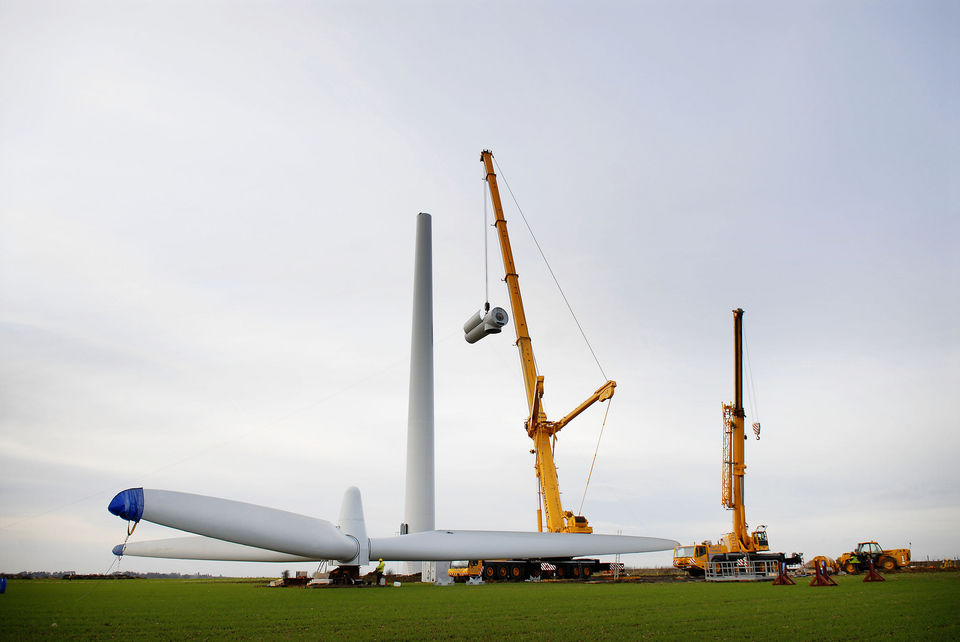 Not long after I joined the co-op I responded to a plea to all shareholders asking for volunteers for the board, and I discovered that the Scandinavians – having realised that the energy market in the UK was quite hostile to wind farms – had gone home. Baywind was left with not much income, one employee (Annette) and a register of over 1,000 members. It wasn’t a viable business. I joined the board and set about making it viable. We couldn’t cut costs and so we had to expand. The first step was to buy the three other wind turbines from the Scandinavians, and so Annette and I flew out to meet them on their own turf and a deal was struck.
Not long after I joined the co-op I responded to a plea to all shareholders asking for volunteers for the board, and I discovered that the Scandinavians – having realised that the energy market in the UK was quite hostile to wind farms – had gone home. Baywind was left with not much income, one employee (Annette) and a register of over 1,000 members. It wasn’t a viable business. I joined the board and set about making it viable. We couldn’t cut costs and so we had to expand. The first step was to buy the three other wind turbines from the Scandinavians, and so Annette and I flew out to meet them on their own turf and a deal was struck.
That made Annette’s job just a little bit more secure, but it wasn’t enough. I approached farmers, landowners and electricity companies looking for any kind of opportunity for expansion. It was a long, slow process. Back then, wind farms benefited from a Government scheme that had been established to support nuclear power, but there was a strong lobby that resented subsidies for these ‘blots on the landscape’. Nevertheless, slowly more wind farms were constructed, and I made headway in negotiations with a farmer in Wiltshire for a wind farm consisting of five turbines. There were two problems: planning, which eventually took several years, and the kind of financial and legal model best suited to what we were trying to achieve.
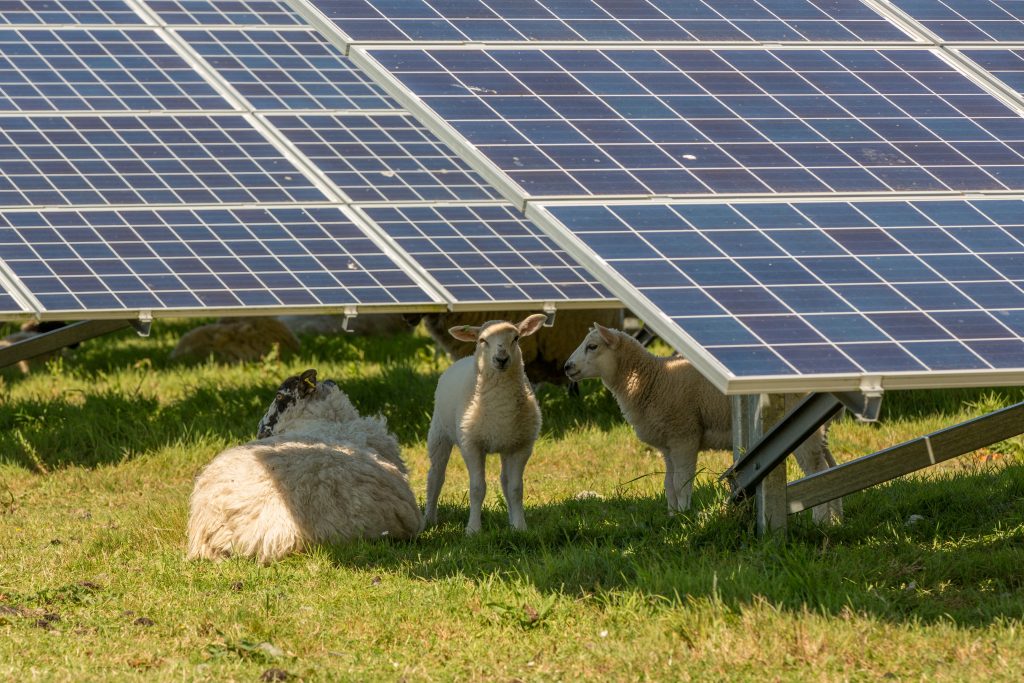 One large co-operative with lots of wind farms would be the easiest to run, but that would run contrary to the concept of community ownership. I decided that each wind farm would have to be set up as a new co-operative, although I acknowledged that Baywind (having supported my endeavours) would lose out. Long before the Wiltshire wind farm was ready for construction I was also negotiating with two energy companies on shared developments, one in East Anglia and one in Scotland. They would build large wind farms and sell one or more turbines to the communities. As negotiations continued on three fronts, I started work on persuading the Board of Baywind (and later the members) that they shouldn’t try to retain control of other wind farms. Fortunately, they were community idealists not driven by the concept of expansion and wanted to know how it could work. I outlined a theory. As we established more and more wind farms a central body would be required to provide administration and seek out more new opportunities.
One large co-operative with lots of wind farms would be the easiest to run, but that would run contrary to the concept of community ownership. I decided that each wind farm would have to be set up as a new co-operative, although I acknowledged that Baywind (having supported my endeavours) would lose out. Long before the Wiltshire wind farm was ready for construction I was also negotiating with two energy companies on shared developments, one in East Anglia and one in Scotland. They would build large wind farms and sell one or more turbines to the communities. As negotiations continued on three fronts, I started work on persuading the Board of Baywind (and later the members) that they shouldn’t try to retain control of other wind farms. Fortunately, they were community idealists not driven by the concept of expansion and wanted to know how it could work. I outlined a theory. As we established more and more wind farms a central body would be required to provide administration and seek out more new opportunities.
 It was time to set up Energy4All Ltd. This wasn’t a head office in the traditional sense; it would be the servant of the co-ops, not the master. Each co-op would be invited to buy a share in Energy4All and they would have ultimate control of the general direction of the group – more like a family than a corporate group. Energy4All would charge the co-ops a fee for administration, and a new co-op would be charged a start-up fee. Overall, however, it was not intended that Energy4All should make a profit. Annette, who had been a key figure for Baywind, now joined the board of Energy4All and became a key figure in every new co-op.
It was time to set up Energy4All Ltd. This wasn’t a head office in the traditional sense; it would be the servant of the co-ops, not the master. Each co-op would be invited to buy a share in Energy4All and they would have ultimate control of the general direction of the group – more like a family than a corporate group. Energy4All would charge the co-ops a fee for administration, and a new co-op would be charged a start-up fee. Overall, however, it was not intended that Energy4All should make a profit. Annette, who had been a key figure for Baywind, now joined the board of Energy4All and became a key figure in every new co-op.
Fortunately, I had prepared share offers earlier in my career, and in my voluntary (but now full-time) capacity I was able to work on these three share offers simultaneously.
The Scottish project was particularly promising. The developer was working on several other wind farms, and we were seen as an integral part of community involvement. Annette’s precarious employment position was secured. Not only that, other administrators were taken on, and other employees who would look after different aspects of the business.
I felt that my work was complete and I prepared to retire. By now we could afford to pay decent salaries and a new CEO was recruited. This was in 2006. Despite the uncertainties and sudden changes in the energy market, by the time Annette received her MBE in December 2018 Energy4All had raised over £50 million from over 13,000 members and was administering 24 independent regional community co-ops. The majority of the co-ops operated wind farms, but seven used solar energy, there were three hydro-electric schemes, and one biomass project. And there are more in the pipeline.
So congratulations to Annette and all at Energy4All. Government leaders might make the headlines, but progress is achieved by ordinary people making things happen. If I can end with a plea – don’t make it too difficult for us!
–Article and the photos provided by Harvey Tordoff (December 15, 2018)
_ . _
[*] MBE from HRH Prince William – Each year the Queen of England selects certain citizens and presents them with a medal for outstanding contributions to the country. Annette’s MBE is in recognition of working tirelessly for 20 years in the field of community-owned renewable energy schemes. It is a great honour. It is also an indication that the Queen (and her advisers) value the contribution of renewable energy and community schemes to the well-being of her people. H.T.
Note: This is a personal memory of a particular aspect in the story of Energy4All. The contributions of many other individuals are acknowledged but have not been included.
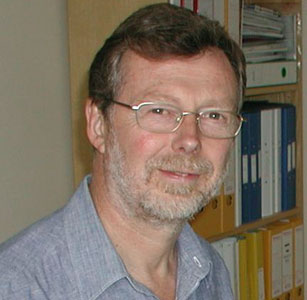 About the Author: “As a qualified accountant I experienced many types of business but the most stimulating period of my career came in the 1970’s and 1980’s when I set up operating subsidiaries for a dynamic IT company as we expanded both geographically and with our product mix. As Financial Director I was responsible for putting together complex corporate deals in Europe and North America, and for preparing the prospectus which resulted in our launch on the London Stock Exchange. But although this was rewarding technically and financially I didn’t feel I was doing anything to make the world a better place. When the opportunity presented itself I left that life behind, wrote a spiritual book, and then came back into the business world as an unpaid volunteer CEO in the renewable energy field. Specifically, I helped small communities establish their own renewable energy projects. Finally, I was able to use my skills and experience to make the world a better place.
About the Author: “As a qualified accountant I experienced many types of business but the most stimulating period of my career came in the 1970’s and 1980’s when I set up operating subsidiaries for a dynamic IT company as we expanded both geographically and with our product mix. As Financial Director I was responsible for putting together complex corporate deals in Europe and North America, and for preparing the prospectus which resulted in our launch on the London Stock Exchange. But although this was rewarding technically and financially I didn’t feel I was doing anything to make the world a better place. When the opportunity presented itself I left that life behind, wrote a spiritual book, and then came back into the business world as an unpaid volunteer CEO in the renewable energy field. Specifically, I helped small communities establish their own renewable energy projects. Finally, I was able to use my skills and experience to make the world a better place.
Related:
Energy For All Global Citizens by Harvey Tordoff| Fall 2005 – Issue#16 on the Lightmillennium.Org
[2011 – UN related] Background: Sustainable Energy for All (SE4ALL)
https://www.afdb.org/en/topics-and-sectors/initiatives-partnerships/sustainable-energy-for-all-se4all/
https://www.un.org/sustainabledevelopment/energy/
#SE4ALL #SEForALL #GlobalGoals #SDGS
– Posted on December 22, 2018.
©Turkish Library Museum is under the umbrella of The Light Millennium Organization, which is officially formed based in New York in 2001.
NGO Associated with the United Nations Department of Public Information since 2005. https://turkishlibrary.us | http://www.lightmillennium.org
Social Media: @lightmillennium #lightmillennium @The Light Millennium @TurkishLibraryMuseum #TurkishLibraryMuseum
